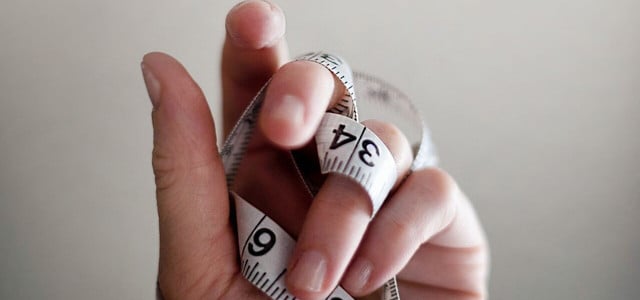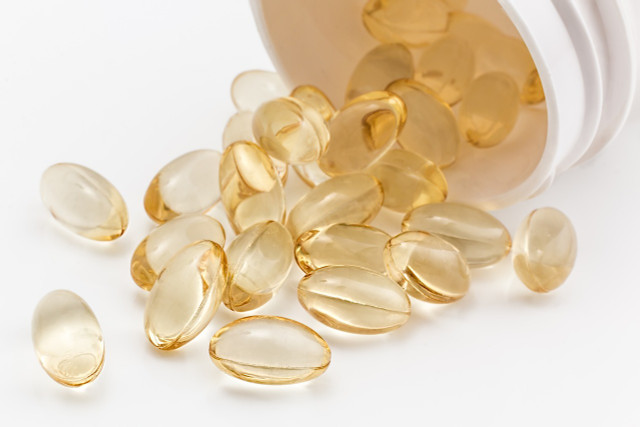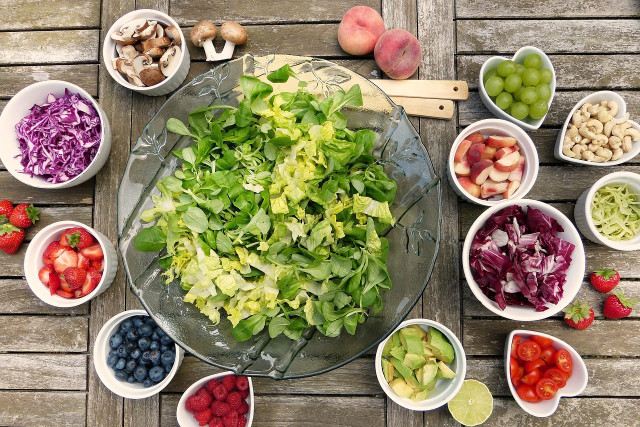
There are many alleged miracle cures for losing weight. Hoodia is one of them because the cactus extract is said to have an appetite-suppressing effect. Here you can find out what evidence there really is for this.
Hoodia gordonii is a succulent plant that grows in the southern semi-deserts and deserts of Africa. It is particularly well represented in South Africa, Namibia and Botswana. The plant first gained attention in the early 2000s because it was said to be able to naturally reduce appetite and thus promote weight loss. However, Hoodia extracts are anything but miracle cures for achieving your desired weight. There are actually several reasons why you should buy nutritional supplements with a hoodie.
1. Appetite suppressant effect of Hoodia: Not proven
Whether Hoodia can really have an appetite-suppressing effect and how else it affects the body is unknown. Because there are no reliable scientific studies on this.
Manufacturers and marketers of Hoodia preparations explain the alleged effect as follows: One of the glycosides contained in Hoodia, called P57, is said to be able to trick the brain into thinking that the blood sugar level is sufficiently high. This should then be able to suppress the feeling of hunger, which means you should eat less and lose weight quickly.
However, the appetite-suppressing effect is attributed to the plant solely on the basis of anecdotal evidence: Tribes living in Hoodia’s native areas are said to have used the plant as a remedy against hunger and thirst during long hunts or hikes.
However, the hunger-suppressing effect of Hoodia has not been well researched or even proven.
2. Unknown side effects
Hoodia is a supposedly herbal and natural product and may seem harmless at first glance, but the long-term health effects are still unexplored. According to the National Center for Complementary and Integrative Health, Hoodia has so far only been administered to humans in one study and the effect observed.
Little is known about what side effects Hoodia can have. However, subjects in this study reported nausea, vomiting, dizziness and unusual skin sensations after taking Hoodia. What is also worrying is that Hoodia significantly influenced blood pressure and heart function, among other things.
Also, little is known about how Hoodia might interact with other medications or health conditions. So why take the potential risk when there are proven weight loss methods?
Important: To date, the Hoodia active ingredient P57 is neither approved as a food nor as a dietary supplement. That’s why you could only buy it online anyway. Importing Hoodia privately is even illegal and customs can intercept the products.
3. Where it says Hoodia, it doesn’t always have Hoodia in it

(Photo: CC0 / Pixabay / stevepb)
Because of its bitter taste, Hoodia is now mainly available in capsule form. Then you can no longer tell at first glance what’s inside.
According to the consumer advice center, many of the products on offer do not contain real hoodia, but instead contain, for example, glucomannan obtained from konjac root.
4. Stocks threatened by overharvesting

(Photo: CC0 / Pixabay / silviarita)
The increasing demand for Hoodia has led to illegal harvesting and overharvesting, threatening natural stocks. Hoodia is even subject to the Washington Convention on International Trade in Endangered Species of Wild Fauna and Flora (CITES).
While there are Hoodia farms in South Africa, the plant is difficult to grow and grows better in the wild. Because of its status, it can now only be taken from the wild with official permission. But of course it cannot be ruled out that it is still harvested illegally because of its high commercial value.
Hoodia is still part of a special ecosystem in which only a few plants and animals can survive. If the plant disappears completely, it is impossible to foresee what consequences this could have for the ecosystem.
Instead of Hoodia: Better tips for losing weight
If you have a desire to lose weight, that’s legitimate. But you should definitely avoid unapproved “weight loss miracle cures” like Hoodia. Because they can pose unknown risks to your health.
By enjoying exercise and eating healthy, you can get rid of those unwanted pounds sustainably and risk-free:
- Breakfast to lose weight: delicious ideas and recipes
- Losing weight vegan: What you should pay attention to
- Lose weight effectively: This is how it works healthily and sustainably
- Do sports: This is how you find the right sport
- Exercise during your lunch break: This is how you do it sensibly
- Morning exercise: 8 reasons for a morning workout
By the way: Hoodia is not the only natural product that is said to lead to weight loss on its own. For example, read more about the apple diet, smoothies for weight loss or whether you can really lose weight with apple cider vinegar or with acupuncture.
Read more on Techzle\.com:
- Dietary supplements – useful, unnecessary or even questionable?
- L-Carnitine: Who needs it as a dietary supplement?
- Losing weight with ginger: what’s behind it?